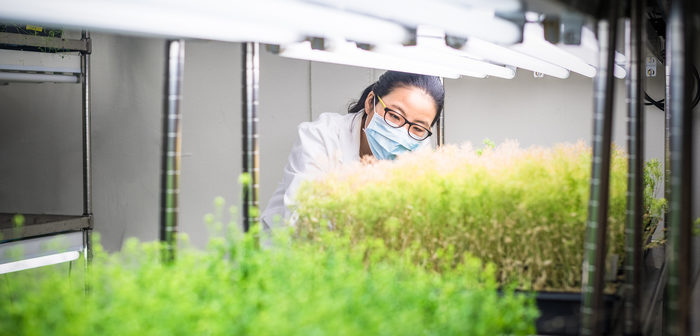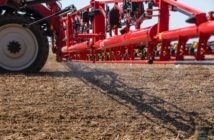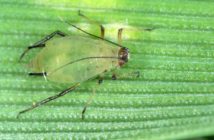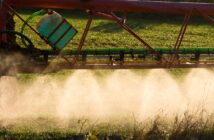Global genetic improvement consultancy AbacusBio has launched the first sustainability index for plants in a bid to reduce the environmental impact of growing crops.
It has been designed to enable breeding companies to create commercially viable varieties which require less water and produce less emissions, while also optimising yield, health and disease resistance.
The methodology has been devised to quantify the sustainable performance of varieties across pasture, row, horticulture and tree crops.
It has been led by AbacusBio geneticist Kathryn Grant PhD. She said it looked at how breeding for traits could reduce greenhouse gas (GHG), eutrophying, and acidifying emissions, as well as reducing water and land use.
“There are two things to consider when trying to increase the sustainability of crops; improving management practices and improving genetics.
“As AbacusBio is a genetics company, genetics is our focus: we help plant breeding companies to find the ‘rockstar’ varieties, amongst the thousands of potential plants. These rockstar varieties may have rare but naturally occurring combinations of genes that enable lower inputs, produce less emissions, or have lower water requirements, yet retain the same yield and quality as other varieties grown under the same conditions.
“The selection index works by quantifying, in economic and environmental terms, the overall value of each variety and allows our customers to breed for profit, yield, disease resistance, and other key commercial qualities that their customers demand, alongside sustainability.”
The findings of the research have reportedly revealed good news for farmers struggling with the cost of fertiliser and other inputs.
“It’s no surprise that the main traits we select when breeding for sustainability are the same as those needed for profit.
“Take nitrogen for example. If we can select plants that use nitrogen more efficiently then the farmer has to apply less fertiliser to their crop to achieve the same yield. That is better for the farmer and for the environment. It is a win-win.
“There are parallels in horticulture. By selecting genes for heat or cold tolerance, growers can spend less on heating and cooling their greenhouses, which means less energy use. This is good for profit and good for the environment.”
Kathryn added that more sustainable crops could also have ramifications for how agriculture is supported in the future. “Generating the same amount of yield from less land will mean more land can be put over to environmental schemes such as growing trees or restoring habitats,” she said.
“This will make it easier for farmers to access the subsidies they need to make their farm businesses sustainable over the long term.”




